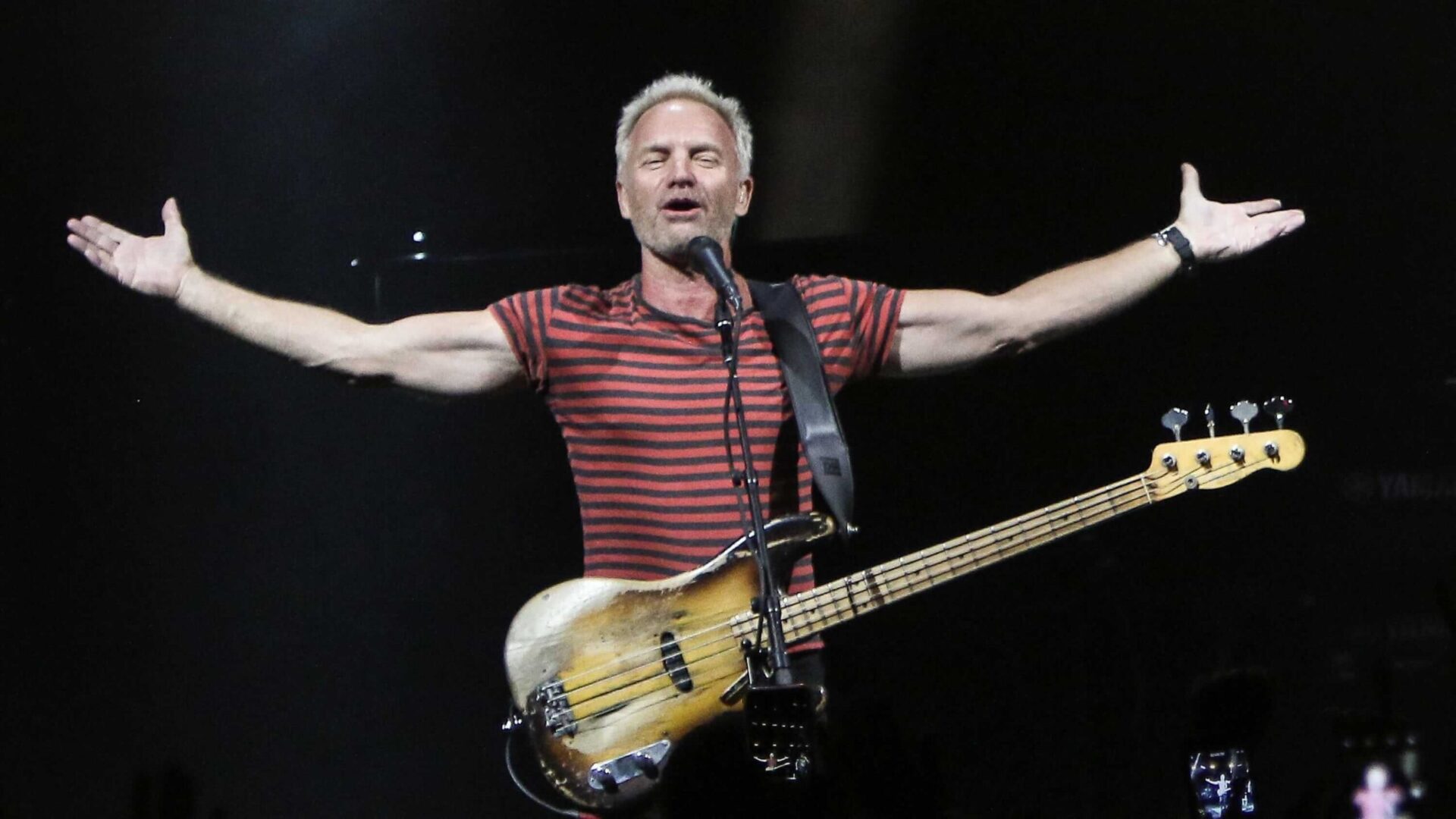Sting sold his entire catalog of singers, including solo works and Police material, to Universal Music Group (UMG).
The Tyneside-born singer-songwriter had a backing track with songs like “Every Breath You Take” and “Roxanne”.
He has had solo success with songs like “Fields Of Gold” and has won 17 Grammys and three Brit Awards.
The move is the publishing group’s latest major acquisition, having struck a deal with Bob Dylan in 2020.
It also comes amid a booming record industry for a year, with record labels and investment firms grabbing the rights to songs and recordings from David Bowie, Fleetwood Mac, and Tina Turner, as well as Blondie, Taylor Swift, David. Guetta and Shakira.
“It’s important for me to have a respected and respected career, not only to connect with longtime fans in new ways but also to introduce my songs to new audiences, musicians, and generations,” Sting said of most of her Career Part of the music label Universal.
Throughout my career, I’ve had a long and successful relationship with UMG as a label partner under the watchful eye of Lucian (Grainge) so it was only natural to house it all in one reliable house, as I have done myself. back to the workshop. , ready for the next chapter”.
“Crossing Global Culture”
Sting, aptly named Gordon Sumner, was the mainstay, bassist, and lead singer-songwriter for The Police in the late 1970s and early 1980s before becoming a solo artist. The British band won Song of the Year at the 1984 Grammys for their stirring classic Every Breath You Take.
Sir Lucian Grainge, head of Universal Music Group, said that having had the “privilege” of working with Sting for more than 20 years, he was “delighted” to develop their relationship to now releasing music.
“Sting is a songwriting genius whose music has permeated global culture,” he said. “We are honored that if UMPG is selected for its music release, all of Sting’s work as a composer and recording artist will reside within the UMG family.
“It’s a responsibility we don’t take lightly and a great validation of what we’ve built for artists at UMG.”
Mark Savage wrote in January after the Dylan Universal deal was completed that the idea in these markets was “to give the artist and their property immediate financial security and the holders are hoping for new rights to the evolving classic.” to enjoy new streams and revenue streams through film and television licenses, merchandise, covers, and copyrights.”


